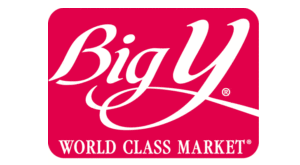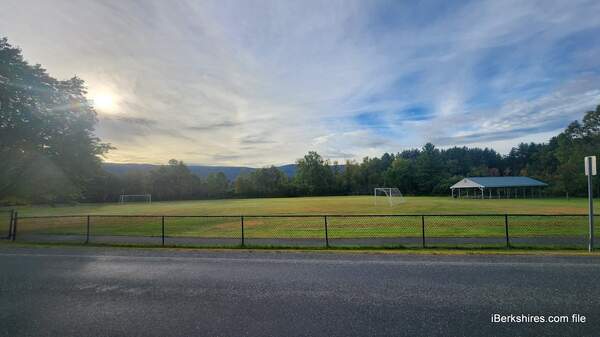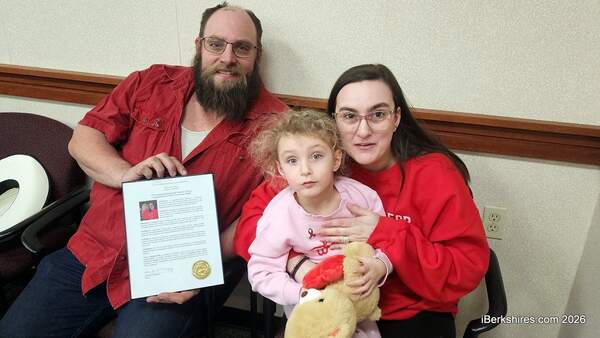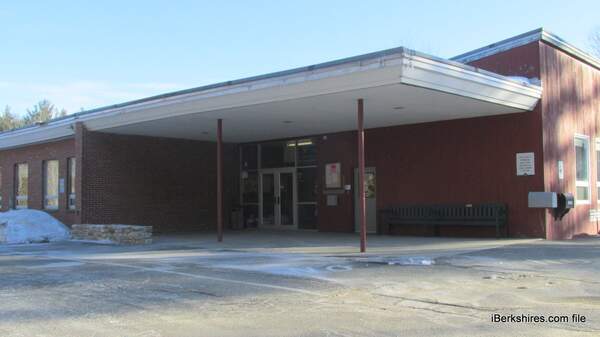
Biz Briefs: Big Y Closing Stores for Thanksgiving Holiday
Big Y Giving Workers Two Days Off
Big Y has issued a reminder that it will close all stores including Big Y World Class Markets, Table & Vine and Fresh Acres specialty market on Thanksgiving, Nov. 26, as well as Friday Nov. 27. Big Y Express Gas & Convenience locations will be closed on Thanksgiving Day as well.
Big Y officials say this two-day closing is to thank the thousands of employees for their continued hard work and tenacious efforts throughout the challenges of being an essential service throughout the pandemic and so their employees can rest and spend more time with their families. In addition, the closure will allow time for extra cleaning, restocking and preparations for the remainder of the holiday season.
Big Y also closed on Easter Sunday and Monday (April 12 & 13) in order to give its teams some much needed rest. In addition to these days of rest for their employees, Big Y has provided thank-you pay and now thank-you bonuses for front-line workers in recognition of their continued commitment to each other and to their customers.
All locations will re-open on Saturday, Nov. 28, for their usual hours. More information can be found on
bigy.com.
Brazeau's Butcher Shop Makes Top 100
Brazeau's Butcher Shop in North Adams was named one of the top 100 butcher shops and meat markets in the nation by Food & Wine magazine. The shop is owned by David Brazeau who has "made a name for himself in the Berkshires with a home butchering operation," the magazine says. Brazeau is a third-generation butcher who opened his shop in 2016 after the local Price Chopper he had been working at closed.
Food & Wine says independent meat markets have seen significant growth during the pandemic, and are an expression of consumers preference for locally and humanely sourced products. "In choosing this list of nearly 100 essential shops across the country, there was one very clear standard — the more sustainable, the more rebellious against the prevailing winds in a morally corrupt industry, the better," writes David Landsel.
COVID-19 Grant Funds Available to Small Businesses
The Berkshire Regional Planning Commission, in partnership with the office of state Sen. Adam Hinds, is announcing the availability of grant funds through the Berkshire County COVID-19 Adaptation Fund to businesses and organizations with up to 25 employees. The funds can be used for COVID-19 supplies or adaptations as well as general business expenses. BRPC will begin accepting
applications online on Dec. 1.
This program is available to both for-profit and non-profit small businesses in Berkshire County, with maximum grant awards ranging from $5,000 to $15,000 depending on number of employees. Preference will be given to applications from BIPOC (Black, Indigenous, and People of Color) owned businesses.
BRPC is also helping to administer two regional Community Development Block Grant programs specific to for-profit businesses with five or fewer employees with low-to-moderate income owners. The fund will also consider applications of up to $15,000 from established non-profit organizations to support programs aimed at supporting individuals and groups of individuals impacted economically by COVID-19. For more information: Senior Planner Laura Brennan at
lbrennan@berkshireplanning.org.
Clark Art Museum Store Offering One-Day Discount
The Clark Art Institute's Museum Store is offering 25 percent discount on purchases
made in person or online on Sunday, Nov. 29. The store is fully stocked with a wide selection of gift items, books, and art-inspired merchandise. Special products this winter include a selection of face masks featuring works from the Clark's permanent collection and a large assortment of puzzles, games, and other family activities. Every purchase supports the Clark's exhibitions and activities and is an important source of revenue.
For the fourth consecutive year, the Clark joins more than 1,600 museums around the world in a celebration of the integral work of museum stores, which generate revenue for the operating budgets of their parent organizations, providing economic sustainability for museums. This annual initiative started by the Museum Store Association encourages consumers to support museums and their missions by shopping at museum stores.
BerkShares Annual Meeting Features Conversation on Localization of Finances
BerkShares board member John Lewis and Michael Shuman will join in conversation on Tuesday, Dec. 1, at 5 p.m. for the BerkShares Inc. annual meeting in a keynote event titled "Put Your Money Where Your Life Is."
The speakers will consider the question: What role could greater localization of our finances, food and energy play in achieving a more inclusive and racially and socially just economy in the Berkshires?
Lewis is CEO of R3SET Enterprises, chairman of the Berkshire Black Economic Council, and sits on the advisory committee of the 1Berkshire Blueprint 2.0. He recently led an "Idea Jam" for Black and brown business leaders to discuss economic development within communities of color in the Berkshires.
Shuman is an entrepreneur, attorney, economist, author and a leading visionary on community economics. He's director of local economy programs for Neighborhood Associates Corp., and an adjunct professor at Bard Business School in New York City.
This event is sponsored by 1Berkshire, Berkshire Taconic Community Foundation, Berkshire Community Land Trust, Berkshire County Branch of the NAACP, Berkshire Grown, EforAll, Multicultural BRIDGE, R3SET Enterprises, Willow Investments for Loving Change, Salisbury Bank & Trust Company, Schumacher Center for a New Economics, and Southern Berkshire Chamber of Commerce.
This event is free, but donations are encouraged. To become a member of BerkShares Inc., send $25 or 25 BerkShares to P.O. Box 125, Great Barrington, MA 01230. Register for the event at www.berkshares.org/Annual-Meeting-2020.
Sheffield Cannabis Operation OK'd for Expansion
The Pass cannabis dispensary was approved by the state to add outdoor growing plus five additional greenhouses to its capacity at a second location in Sheffield. This added site will allow The Pass to manage an outdoor area of about 43,000 square feet cultivating 2,700 plants in season, and greenhouses containing 2,400 additional plants year-round to provide raw material for the retail store and wholesale business. The new site will not be accessible to the public.
The original site has a 7,200-square-foot multi-level indoor growing facility, a 5,760-square-foot outdoor greenhouse and a lab for manufacturing its own products from the flowers grown on-site. The retail store at 1375 N. Main St. opened to the public on July 17, 2020.
"Having our flower production on-site ensures that our customers are getting the freshest cannabis possible," said head of cultivation Pete Steimer. "The opening of the Pass' second grow location will allow us to develop our wholesale business, have a stronger presence at dispensaries throughout the state and expand and diversify our in-house menu."
The company employs 48 staff members year-round and will be hiring around six full-time staff members for the second site with an additional four to six seasonal workers when the outdoor season is in full swing. Founded by Berkshire residents Michael Cohen and Chris Weld, The Pass is a vertically integrated dispensary offering farm-to-label cannabis.

















